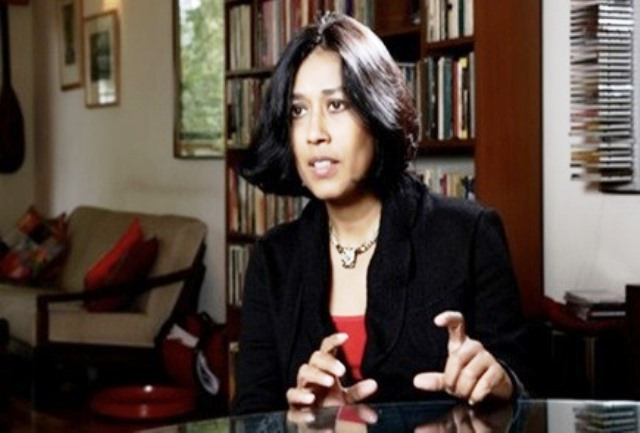Nandini Sundar, Professor of Sociology, Delhi School of Economics, asks why the DU syllabus dropped Iqbal but glorified Savarkar when both were proponents of two-nation theory. Her views:
Undoubtedly, since 2014, there has been a huge decline in academic freedom on the ground. We have documented some of this in the form of tables that list incidents of censorship, arrests of faculty and students, denial of visas to research scholars etc. Indian academics are also trying to develop a website and network to deal with issues of academic freedom.
The changes in the syllabus of Delhi University have been an ongoing process. Even before 2014, there was some interference. Rohinton Mistry’s novel on the Emergency was removed from the Bombay University syllabus. Then AK Ramanujan’s acclaimed Three Hundred Ramayanas was removed from the Delhi University undergraduate history syllabus. But, since 2014, the assaults on academic freedom have intensified at an unprecedented pace.
Most recently, the university removed the poet and philosopher Mohammad Iqbal from the Political Science BA syllabus on the grounds that he had initiated the two-nation theory which led to the Partition of India. There are two problems with this approach. The first is that all streams of thought and ideologies must be critically taught – simply erasing one ideology will not help students understand what happened. Secondly, the two-nation theory was as much propounded by VD Savarkar who is being glorified by the Hindu supremacist Modi regime. For instance, the new parliament was inaugurated on his birthday,despite evidence that he was culpable for the murder of Mahatma Gandhi.
The crisis of precarity and contractual employment in universities is a global problem. In Delhi University, 40 per cent teachers were on contract working on an ad-hoc basis for a decade or more. They got no summer vacation, and no benefits.
ALSO READ: ‘Change In NCERT Books Seeks To Brainwash The Young’
These teachers held up the fort against all odds during the difficult and prolonged phase of the pandemic. That is simply not being recognized. They were deeply involved in addressing the widespread mental health issues of students during Covid-19, and, yet teaching. Now, the university is seeking to create a permanent faculty which is a good thing by itself. However, instead of regularizing the existing ad hocs, they have held interviews in which there are widespread reports of teachers who are ideologically committed to the Hindu right being appointed. By some estimates, almost 80 per cent of existing ad hocs have been displaced.
We routinely hear of ‘lists’ given to the selection panels, i.e. the candidates are decided in advance. Further, even the interview panels are not constructed as per procedure. They are constructed according to the agenda of the RSS. By longstanding convention, the department sends a list of candidates for the selection panel. For instance, we sent a list of eminent sociologists drawn from different fields. However, under the current regime, none of them are appointed to the final selection panel. Instead, all the experts are selected by the vice-chancellor.
We also hear that in many interviews, the questions asked to the candidates are humiliating, and random. The ad-hoc teachers are extremely vulnerable and therefore few are willing to testify. However, certainly, the rigging of the recruitment process seems very systematic, and it is happening across colleges, departments, subjects, etc, in the entire university.
The unfortunate death by suicide of a brilliant ad hoc philosophy teacher, Samarveer, teaching in Hindu College, should have been a wake-up call regarding the subversion of procedures, but, sadly, there has been little public outrage and it appears to have made no difference.
The narrator, an eminent sociologist deeply aligned with public interest issues and human rights, is the author of the acclaimed The Burning Forest: India’s War against Maoists (Verso 2019)
As told to Amit Sengupta
